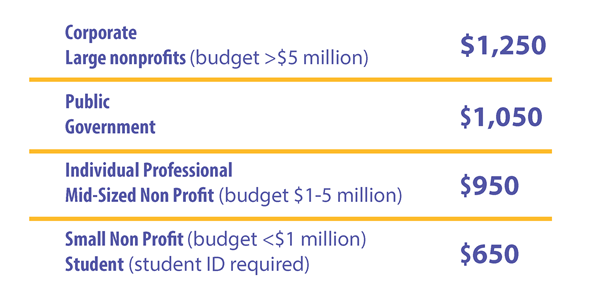Meetings That Work
In today’s world of truncated timelines, increased workloads, and demands for workplace democracy, we need group decisions made quickly, positively, and with diminished frustration. We also need to ensure that meetings are effective, efficient, and highly productive. This course is designed for the person who needs tools to enhance participation and productivity in various types of meetings.
Description
This course presents detailed methods in four major arenas to ensure meeting success.
- Participation in Meetings – Keys to Good Meetings
- Planning Agenda Items – Best Practices Plan for Agenda Items
- Designing Meetings – Plan the Design and Processes
- Facilitating Meetings – Deal with Routine and Difficult Situations
The course has extensive reference material on various tools and facilitation methods. This course includes descriptions, with references, of 74 facilitation tools and methods used by professional facilitators. You will learn how to design effective agenda items, meetings, and facilitated events.
Practice tapping into different learning styles is an important component in this course.
In this course you will learn how to:
- Increase the productivity of the group.
- Focus the purpose and intent of large and small meetings.
- Aid the group in its decision-making processes.
- Handle difficult situations in groups.
- Match process tools to each group’s needs.
- Design effective agendas.
- Create participatory environments.
- Develop a sense of teamwork among team members.
After taking this course you will be able to get more from meetings than you ever thought possible with best practices from professional facilitators. Turn meetings into “events” that people want to attend, increase participation, and get the best input and results from everyone.
Course Applicable To:
Meetings That Work is for anyone who leads or attends lots of meetings and will provide you with professional tips, templates and practical tools to increase commitment to action, and handle difficult or controversial items.
Those who especially benefit are:
- Organizational leaders and managers responsible for strategic and operational planning meetings.
- Project managers responsible for guiding a whole project cycle.
- Team leaders responsible for organizational operations and project implementation.
- Community leaders responsible for planning and implementing action campaigns.
- Government officials responsible for program development, project implementation and policy formation.
- Facilitators responsible for enabling group productivity
Prerequisites
None
Continuing Ed Credits
None
Pricing
